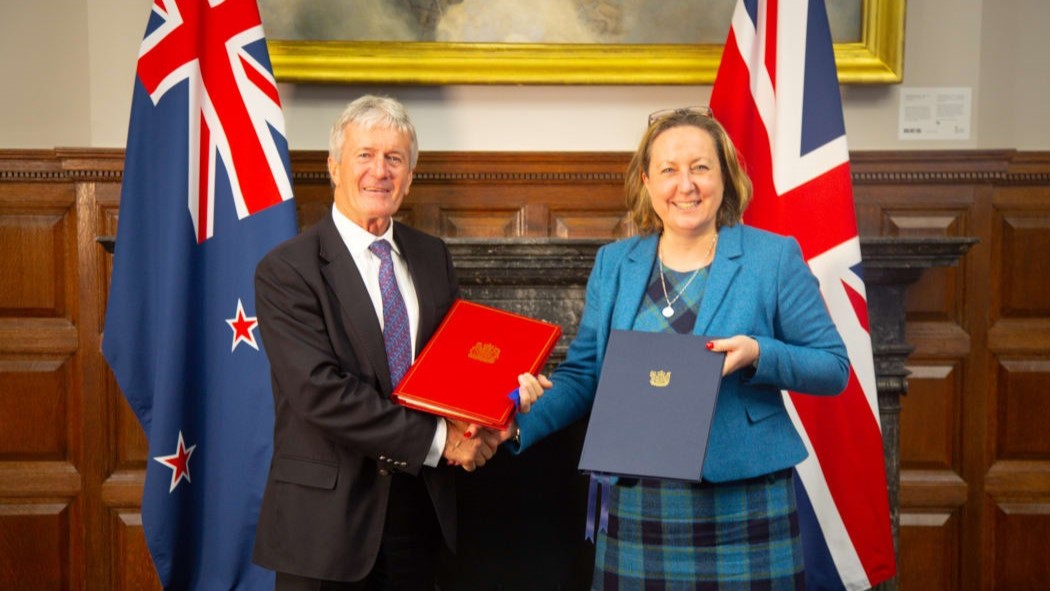
The market access package in the NZ-UK FTA is one of the very best New Zealand has secured in an FTA. The UK will eliminate all tariffs on New Zealand exports, with duties immediately removed on 99.5 percent of current trade, saving exporters approximately $37 million each year. The Agreement includes new guarantees of market access and more certainty for our services exporters, investors, and for Kiwi businesses wanting to access the UK’s Government procurement market. It also includes commitments in the area of digital trade to assist our growing tech sector. Overall, the deal will boost New Zealand’s GDP by between $700 million and $1 billion, making a real difference to the prosperity of New Zealanders.
The Agreement contains the broadest set of outcomes for Māori that New Zealand has negotiated in an FTA — recognising the importance that Māori placed on this Agreement. This includes: prioritisation of early tariff elimination on a range of goods of interest to Māori; Māori perspectives and concepts in the Environment chapter; and a Māori Trade and Economic Cooperation chapter that will create a platform for cooperation on a range of issues important to Māori. These outcomes would not have been possible without close engagement between officials and Treaty partners throughout the negotiations.
As the first FTA launched and concluded under our Trade for All agenda, Trade for All principles and priorities were embedded in New Zealand’s approach to the negotiations and are reflected in the outcomes. This includes dedicated chapters on Trade and Gender supporting women’s economic empowerment, Trade and Development, Consumer Protection, Small and Medium- Sized Enterprises, Trade and Labour, and Anti-Corruption.
This is our first bilateral trade agreement to include a specific article on climate change. It includes provisions towards eliminating environmentally harmful subsidies, such as harmful fossil-fuel subsidies, and prohibiting fisheries subsidies that lead to overfishing. Over 290 environmentally beneficial products have been prioritised for tariff elimination.
The Agreement further strengthens our relationship with the UK by creating stronger bilateral trade and investment ties. As a piece of architecture, the FTA also creates an enduring link that draws the UK towards our region and makes a contribution to an open, rules-based system that goes beyond bilateral trade.
The successful outcomes achieved in the NZ-UK FTA are testament to the strong collaborative effort of several agencies under intense circumstances, with negotiations coinciding with the onset of the COVID-19 pandemic. Despite these challenges, negotiators managed to deliver an FTA that sets high-quality precedents in international trade rules, reflecting the strength of cooperation between government agencies and with Treaty partners and key stakeholders.

